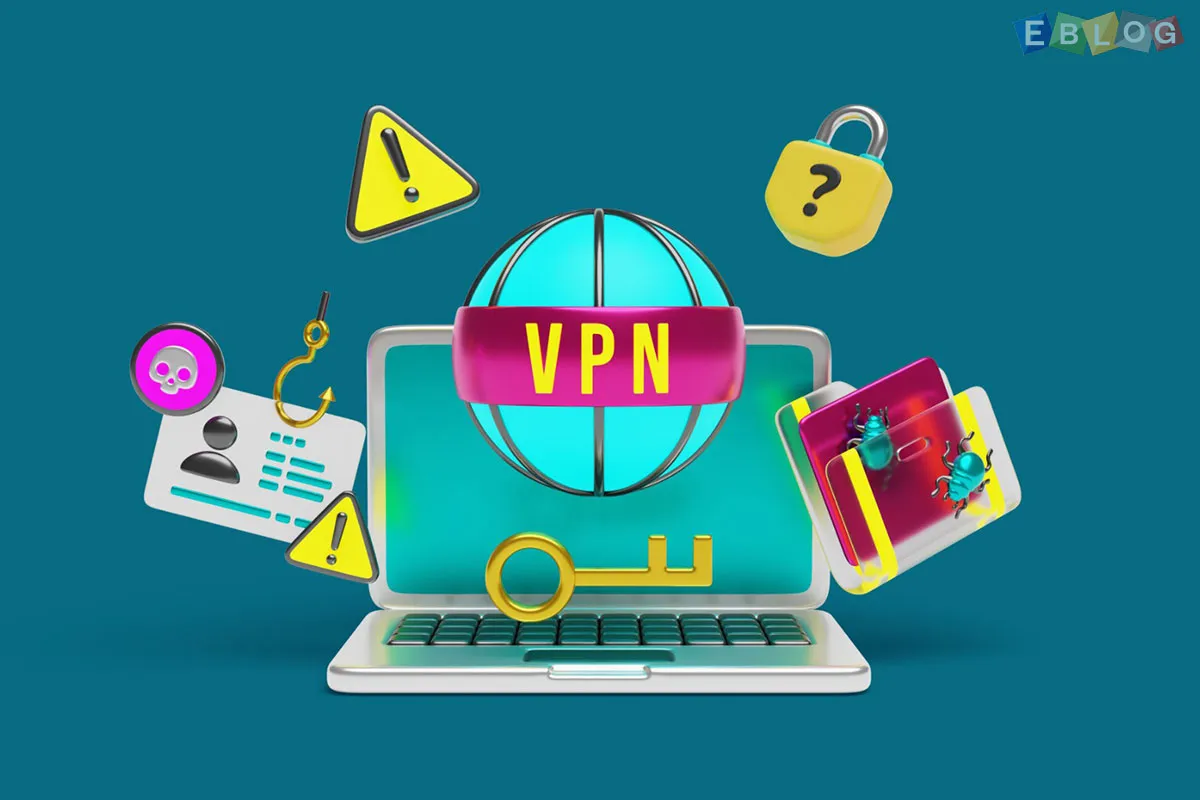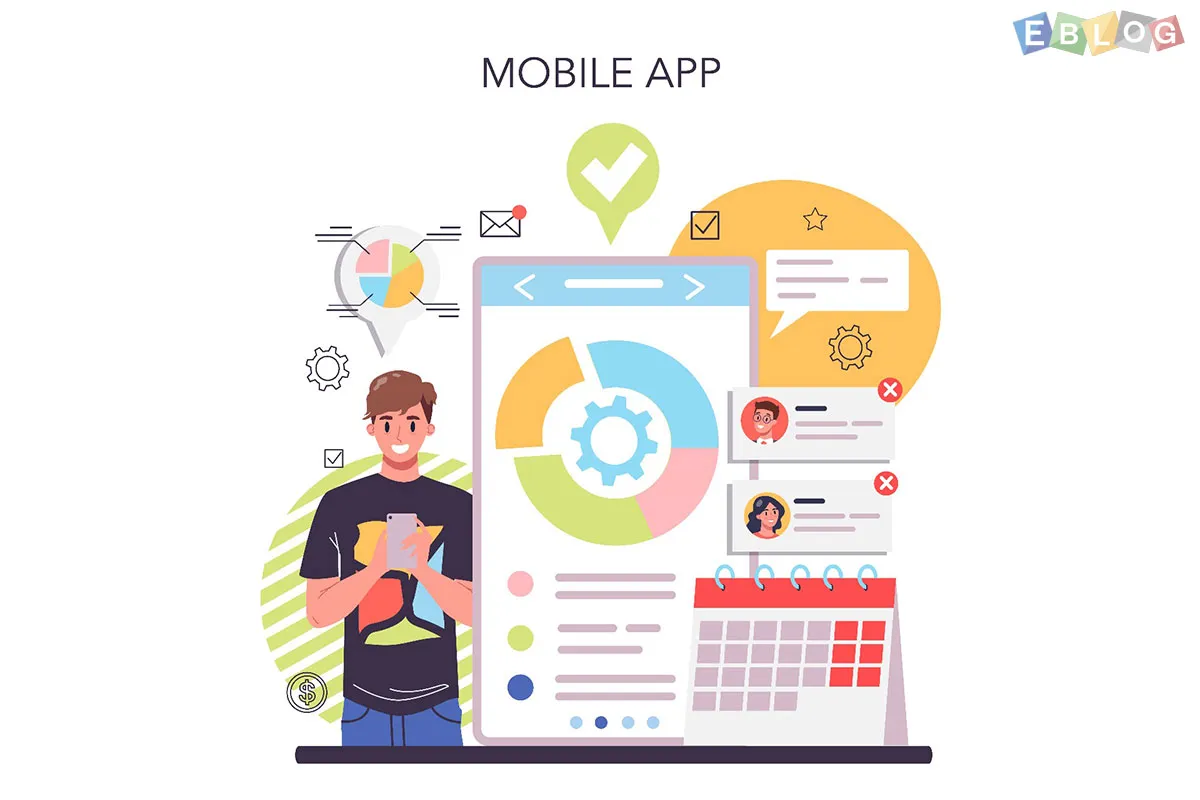
2025’s Biggest Cyber Threats (And How to Prepare)
- 03 Sep, 2025
- Education
- 243 Views
- 0 Comments
Technology is moving fast, and so are cybercriminals. In 2025, new threats are emerging that can affect both individuals and businesses. Here are the biggest cyber risks to watch out for—and some simple steps you can take to stay safe.
1. AI-Powered Scams and Deepfakes
Hackers are now using artificial intelligence to create fake voices, videos, and even entire conversations. These scams are so realistic that people can be tricked into sending money or sharing sensitive data.
How to prepare:
a. Always double-check unusual requests, even if they seem to come from your boss or family.
b. Use strong multi-factor authentication (MFA).
2. Ransomware Without Encryption
Traditional ransomware locks your files. Now, criminals simply steal your data and threaten to leak it if you don’t pay.
How to prepare:
a. Keep backups of important files in secure, offline locations.
b. Update your software regularly to patch security holes.
3. Attacks on Infrastructure
Government-backed hackers are targeting power grids, telecoms, and other vital services. This can cause massive disruption at national and global levels.
How to prepare (for businesses):
a. Invest in strong cyber defenses and monitoring.
b. Train employees on spotting suspicious activity.
4. Quantum Threats
Quantum computing isn’t mainstream yet, but criminals may already be collecting encrypted data today to crack it in the future.
How to prepare:
a. Start learning about post-quantum encryption (new methods designed to resist quantum attacks).
5. Supply Chain Attacks
Instead of attacking you directly, hackers go after the software or service providers you rely on, making their attack harder to detect.
How to prepare:
a. Work only with trusted vendors.
b. Keep systems segmented so one weak link doesn’t bring everything down.
6. Final Thoughts
Cyber threats in 2025 are smarter, faster, and more dangerous. The good news? By staying alert, updating your systems, and using strong security practices, you can reduce the risks.
Think of cybersecurity like locking your house: no system is perfect, but strong locks and good habits make you a far less attractive target.














Leave a Reply